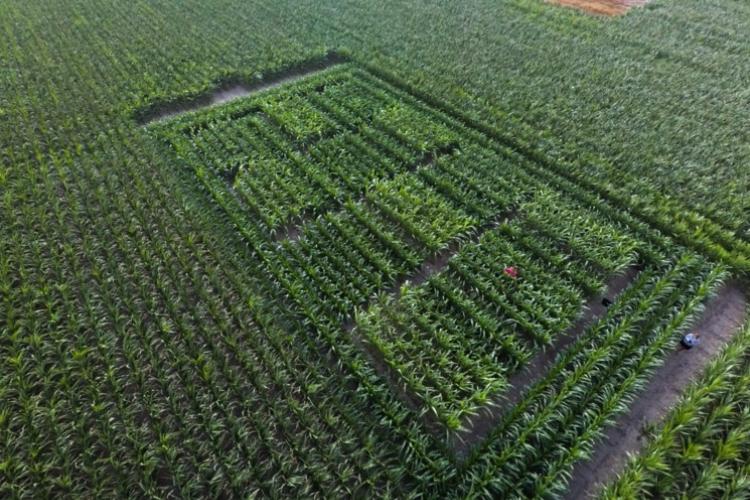Sustainability is the heartbeat of our agricultural research programs. We concentrate on advancing agricultural methods that support food security without depleting natural resources. Our Center is at the forefront of pioneering genetically improved crops that require fewer inputs such as water, fertilizers, and pesticides. Through selection, breeding, and new genomic techniques such as genome editing, we strive to minimize the ecological footprint of farming and ensure that it can sustain future generations.
Much has been written about the European Climate law and the European Nitrate Directive. Besides social concerns, drastically reducing greenhouse gasses by 2030 and structurally lowering the use of nitrogen in agriculture poses significant challenges. Researchers from the VIB-UGent Center for Plant Systems Biology now present concrete research results to lower nitrogen usage by targeting microorganisms in the soil. More information can be found here.
Soil microorganisms also offer sustainable alternatives to reduce the reliance on chemical and biological fertilizers. As an example, in line with the European Union’s protein shift, an initiative towards a transition towards more plant protein in human food, we are exploring the potential of local diazotrophic rhizobia bacteria forming nitrogen-fixing symbioses with soybeans, promoting a natural N input even in the challenging conditions of northern latitudes.
